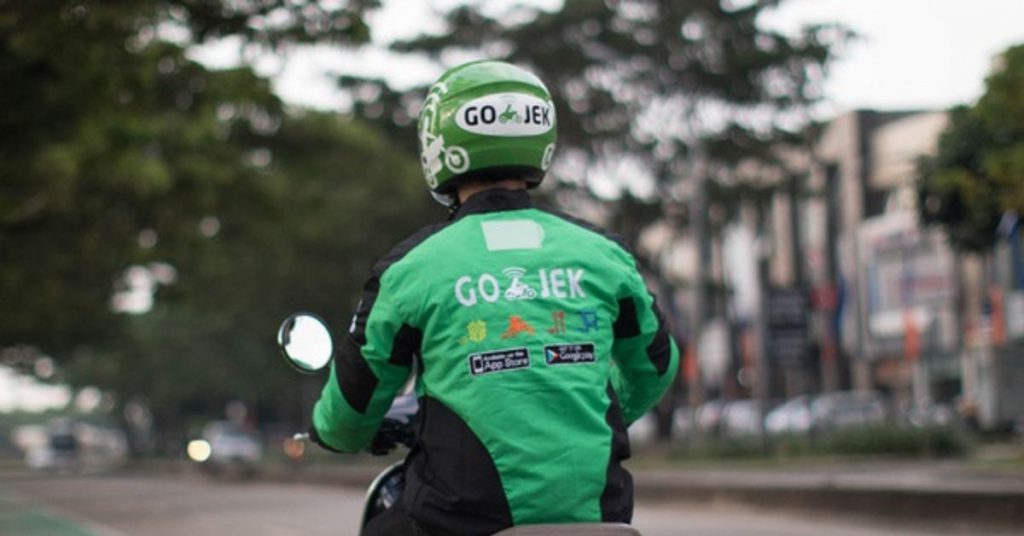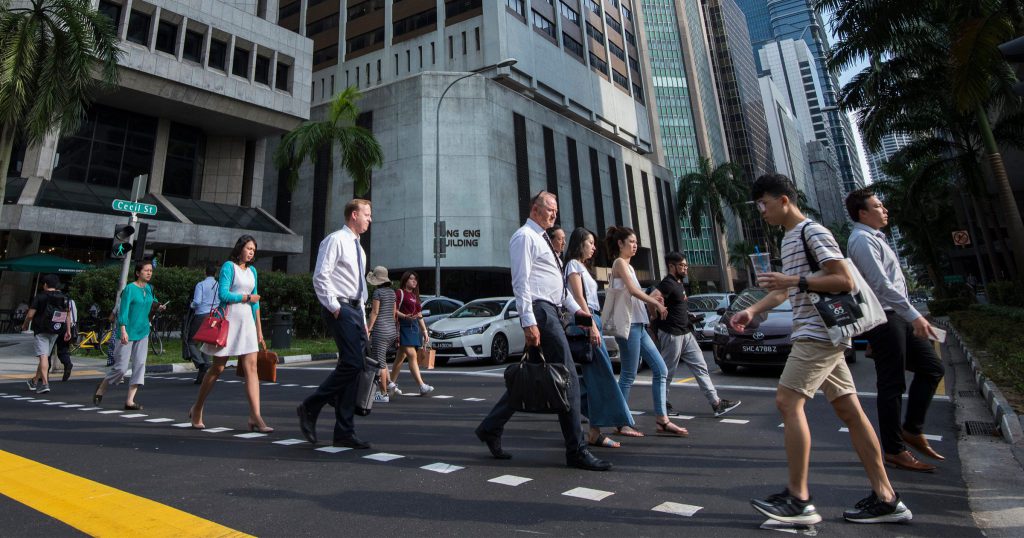If you haven’t already heard, the Cabinet has agreed in principle to Syed Saddiq’s proposal to bring Indonesian motorcycle ride-hailing service Gojek into Malaysia.
Years ago, ride-hailing services like Grab and Uber disrupted our traditional taxi scene to much outcry by local taxi drivers, so it comes as no surprise that once again, several parties are up in arms over Gojek’s coming presence.
While we still have about 1–2 months for the Youth and Sports Ministry and the Transport Ministry to come up with a suitable framework for Gojek’s implementation in Malaysia before seeking approval, many Malaysians already have strong opinions on whether or not they’re welcoming of the service.
Have You Seen How Poor Our Road Safety Is?
The subject of safety appears to be the main concern of many Malaysians protesting against Gojek. In 2018, the Global Status Report on Road Safety published by the World Health Organisation (WHO) and the World Bank reported 7,152 deaths in 2016 in Malaysia.
More than half of all road traffic deaths are motorcyclists, and in a study of motorcycle fatalities, 89% were riders aged 16 to 20 years and only 75% of those motorcyclists wore helmets.
Entrepreneur Development Minister Datuk Seri Mohd Redzuan Yusof briefly touched on that concern, saying, “…There are already several laws in place (to monitor the operation) including geofencing. (For example) Gojek (riders) also can’t be allowed to ply on highways, which can be dangerous in terms of safety.”
Another argument that’s been raised is whether or not Gojek will make our continuous efforts of improving our public transport redundant.
“We’ve invested so much taxpayers’ money in public transport. Recently, we decided to proceed with the Light Rapid Transit 3 project. So what message are we sending to the public? That they don’t need to use these facilities?” traffic engineering specialist Dr Law Teik Hua asked.
Some have also commented that our traffic isn’t heavy enough to warrant the necessity of such a service on our roads. There are also Malaysians and other ride-hailing operators like MyCar and Big Blue Taxi Services (who are planning to protest) displeased by how the government, in favour of Gojek, is seemingly casting aside support for local ride-hailing startups.
They’re questioning why the government would choose to bring in a foreign competitor to the ride-hailing scene when a Malaysian company, Dego Ride did the same in late 2016, only to be declared illegal on the grounds of safety and subsequently shut down by the then Transport Ministry in January 2017.
Yes To Competition & Employment Opportunities
On the other hand, those who anticipate Gojek’s entry into the country welcome it because they want a player that will challenge Grab’s monopoly on the ride-hailing industry. Syed Saddiq echoed the sentiment, saying, “We cannot have a ride hailing market, we need to open up the market, allow competition and ensure all digital entrepreneurs benefit.”
Transport Minister Anthony Loke Siew Fook added in assurance, “If we ever allow it (ride-hailing for motorcycles) in future, we won’t allow a monopoly by a (single) company.” On the issue of safety, he said the Transport Ministry will conduct research and produce a report that will provide a new direction or mechanism for Gojek’s implementation.
Besides that, there is belief that implementing Gojek’s services in Malaysia would bring about more employment opportunities particularly for the B40 segment. Loke said, “We know many ministers who support this effort as it can prove to be economical, including for small and medium industries, and e-commerce.”
Several Malaysians who look forward to Gojek say that the motorcycle ride-hailing service will be most beneficial for short-distance travel, for example, covering the distance between your last LRT station stop to your exact destination, and vice versa.
It’s indisputable that motorcycles will be able to cut through traffic much easier than cars, after all, making the journey faster and cheaper than if you were to use a Grab for the aforementioned purpose and still get stuck in traffic.
To Gojek Or Not To Gojek?
It’s hard to say which side is more vocal as they appear to be equally adamant in their arguments. Personally, I do see the reason in several arguments brought up by both sides. Besides those with strong “yes” or “no” opinions to Gojek, there are also some commenters on a New Straits Online Facebook poll saying “yes and no” and to “let the market decide”.
Based on the arguments I’ve seen so far, here’s a table of the potential pros and cons of Gojek’s presence in Malaysia according to netizens:
| Pros | Cons |
| More employment opportunities (especially for B40) | Road safety concerns for operators, riders and other users |
| Healthy competition keeps fares low and monopoly away | Harms local businesses in the industry |
| Strengthen bilateral ties between Indonesia and M’sia | Regression of public transport |
| Good for short distances not covered by LRTs |
I agree that Gojek will open up new employment opportunities in Malaysia, not only in regards to transportation but also in food delivery and logistics, for example, if those tangible services are eventually made available here too.
Like many others, my biggest concern is definitely on safety. As a driver, I’ve seen my fair share of irresponsible motorcyclists (and I complain about them a lot), but I will admit that there are also many Malaysian drivers who pose a danger to everyone else on the road.
We don’t use our indicators, we speed, tailgate and overtake as we see fit. No one’s safe on the road so long as our drivers and motorcyclists remain this reckless.
Off the top of my head, I’d say that we definitely need proper infrastructure in place for the safety of Gojek operators, riders and other road users. We’ll also need stricter safety and vehicle regulations and insurance to protect the motorcyclists and their riders if Gojek is to operate here.
Operators must be trained and there must be penalty systems in place for irresponsible Gojek motorcyclists if the government wants to assure the public that motorcycle taxis are a safe and viable mode of daily transportation.
At the end of the day, whether or not Gojek gets full approval for business on our roads, consumers still hold the power of choice; you can use a service to your heart’s desire or you can avoid it.
Knowing that I will not be a Gojek user (especially not for its motorcycle taxi services), I am simply interested in seeing how things will play out and what changes would take place following its implementation here.
Which side do your opinions on Gojek in Malaysia land on, or are you still on the fence?
- You can read more about Gojek here.
Featured Image Credit: Gojek















